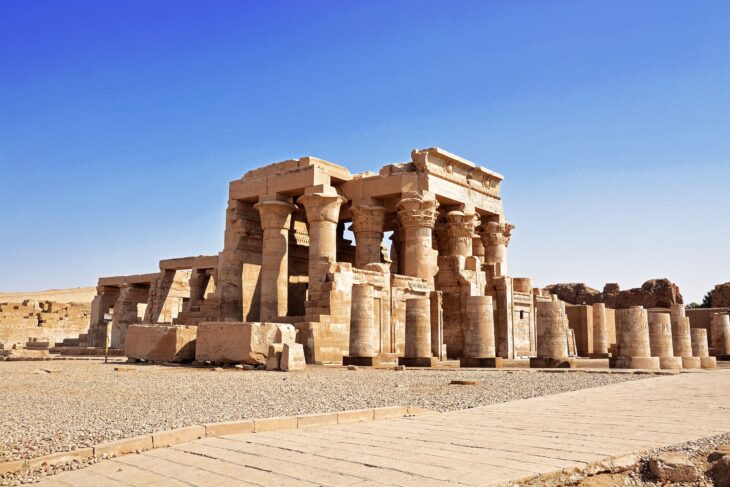If you ask the average person to name an ancient culture, you’ll probably hear about Egypt, Greece, Rome, or China. These cultures were the most influential in history, and therefore the most well-known, but there are countless fascinating ancient cultures that aren’t talked about as often. Here are 10 of the most interesting ancient cultures from around the world.
1. Ancient Chinese culture
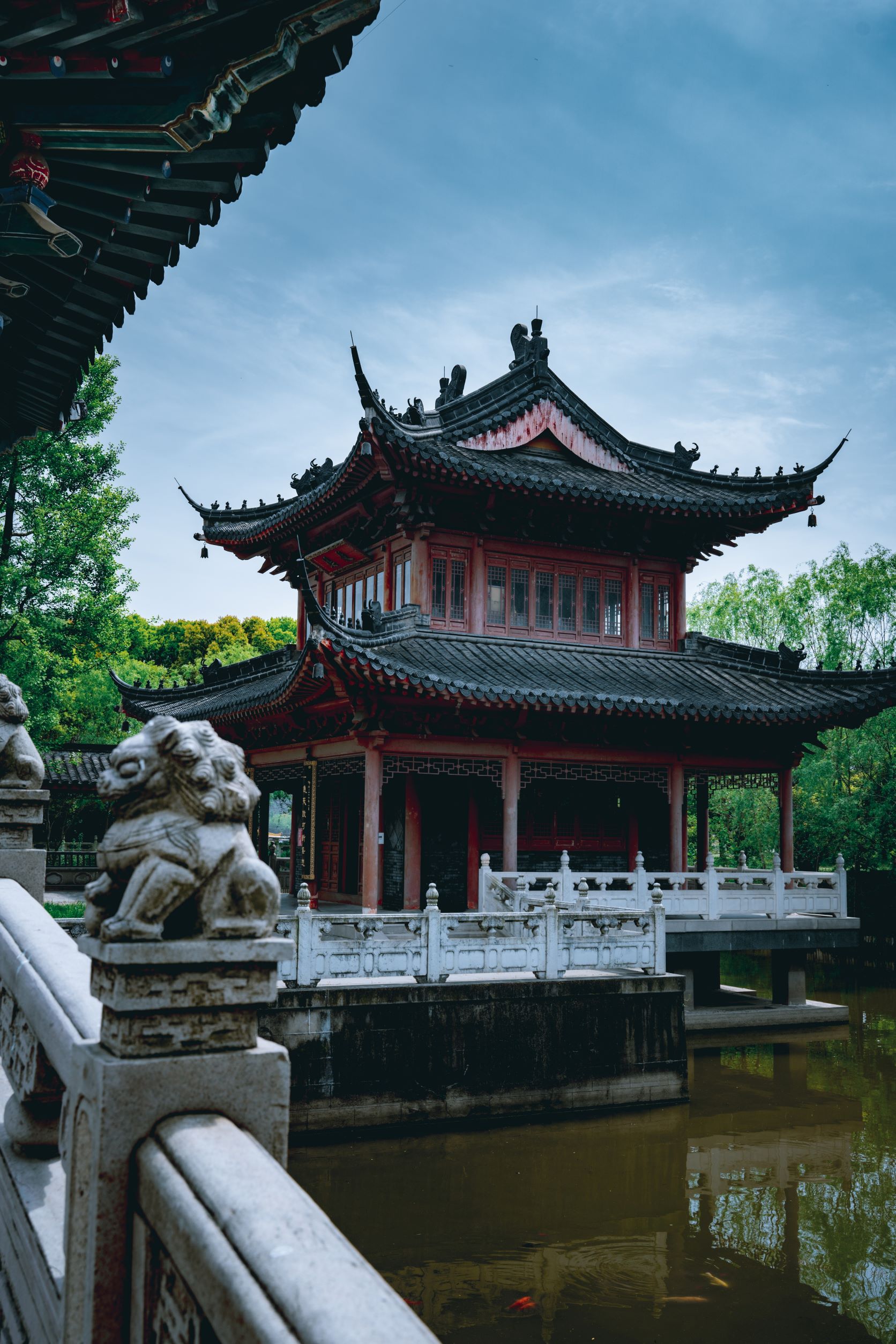
China has a history spanning over 6,000 years, featuring many fascinating ancient cultures. It’s home to several of Asia’s ancient civilizations, including The Zhou Dynasty (1,000 BC – 200 BC), which was known for governance as well as its military strength and cultural achievements.
China is also home to Confucius (551 BC – 479 BC), one of history’s most famous philosophers and educators. Though he died during China’s Spring and Autumn Period, his philosophies were influential in East Asia until modern times. Although there are many ancient Chinese cultures that have influenced other societies throughout time, this two stand out as particularly notable examples of Chinese culture.
2. Ancient Egyptian culture
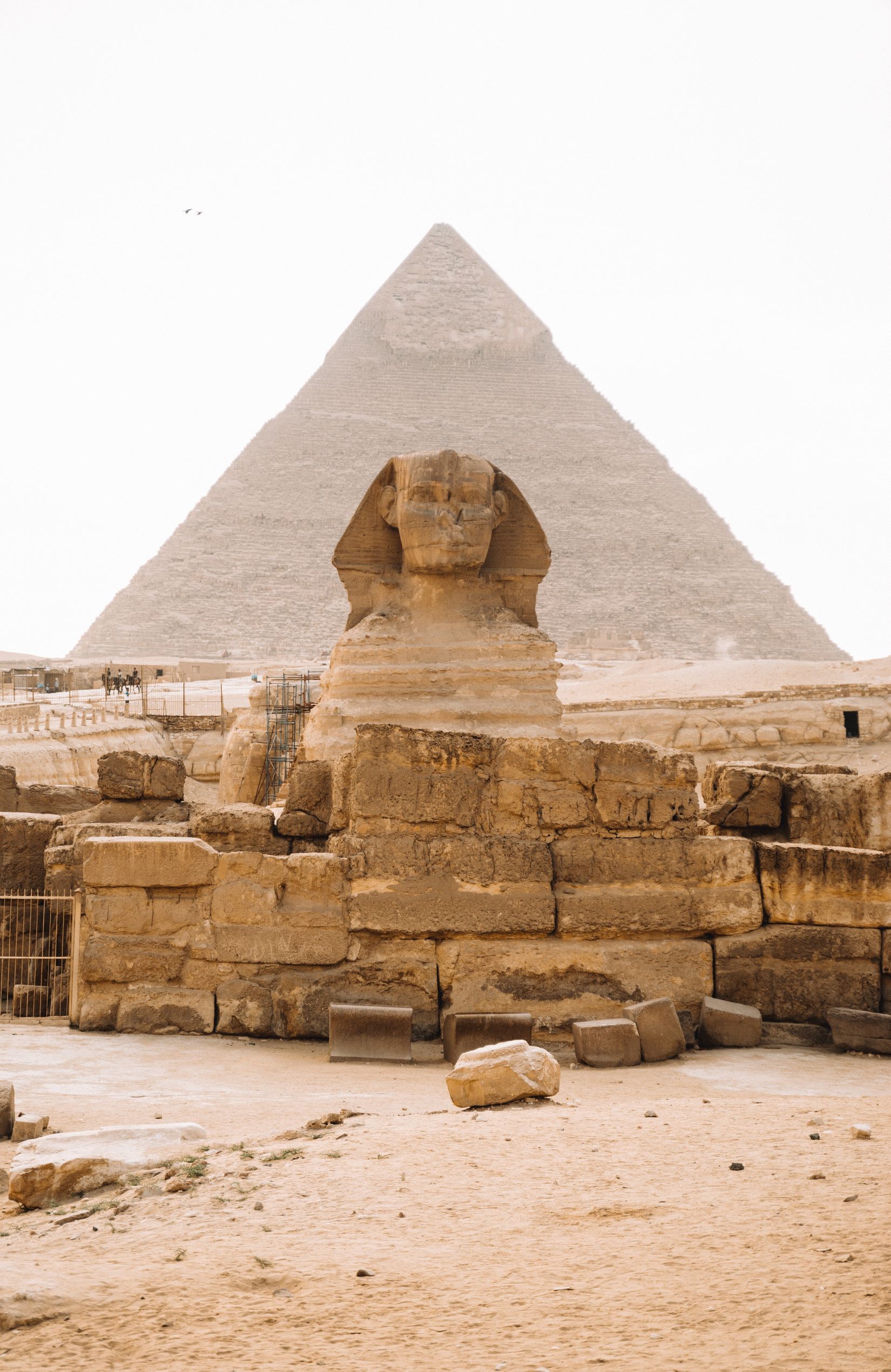
Ancient Egyptian culture is widely recognized today for its immensely rich art and architecture, but there was more to it than simply making beautiful things. Ancient Egypt also had a philosophical side that centered on rational thought—and you can see it in their amazing pyramids. These colossal structures were more than just tombs, they were an early attempt at solving some of life’s biggest questions.
This demonstrates a willingness to explore logic and rational thought that makes ancient Egyptian culture one of the most fascinating ancient cultures in history. Unfortunately, with so much attention paid to their impressive buildings and artwork, we often fail to recognize how advanced ancient Egyptians really were.
3. Ancient Mayan culture
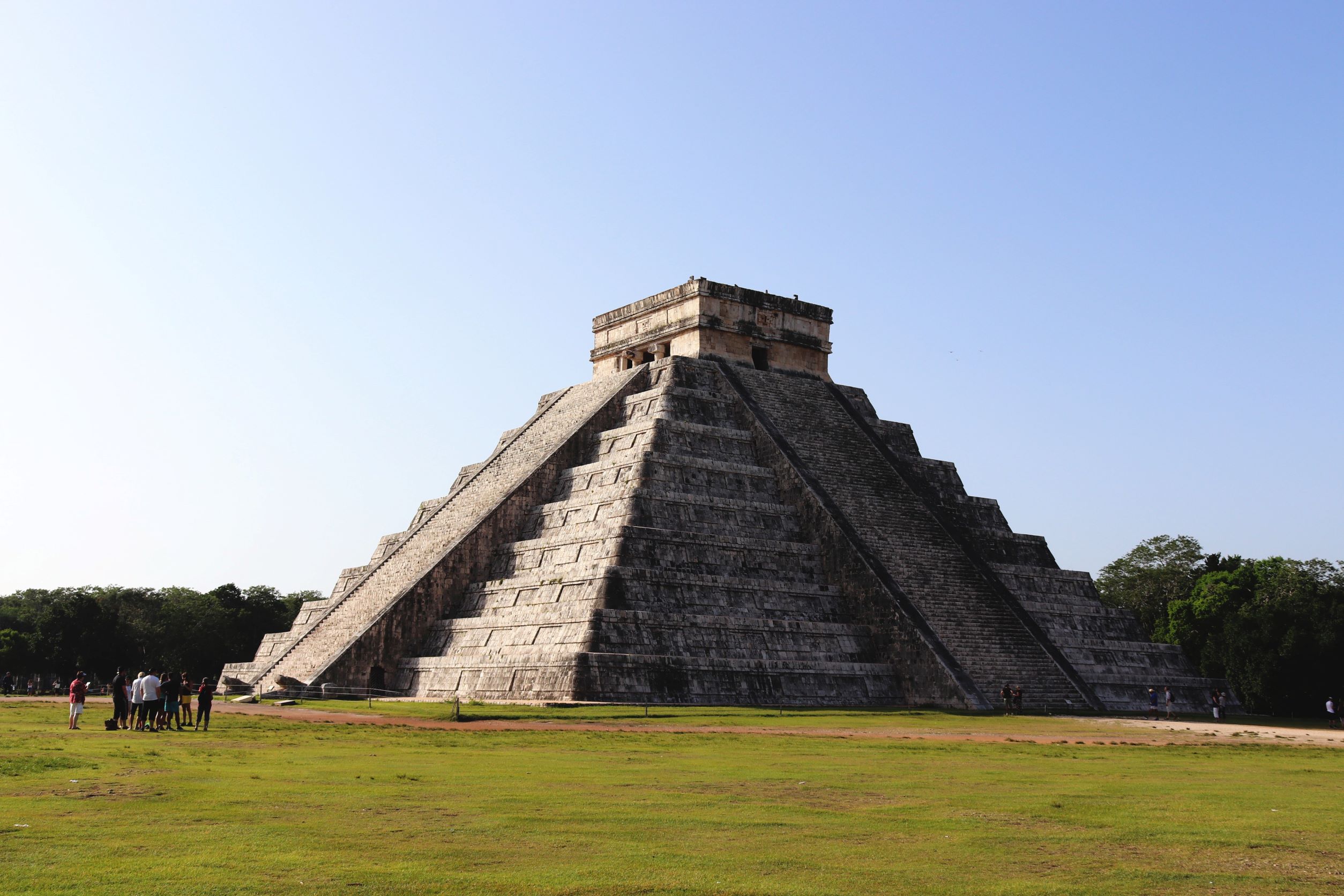
The Mayan civilization is one of the oldest and most intriguing in history. From their intricate calendars to their mysterious pyramids, Mayan culture has left a lasting legacy on our world. Founded around 3000 BC, the Mayan civilization originated in South America and spread throughout Central America.
At its peak around 600 AD, the Mayan population reached about 5 million people. The center of their civilization was in present-day Guatemala, where amazing cities have been discovered including elaborate temples and palaces. However, even today we are still learning many details about ancient cultures like that of ancient Maya as new discoveries are continuously being made.
4. Ancient Greek culture
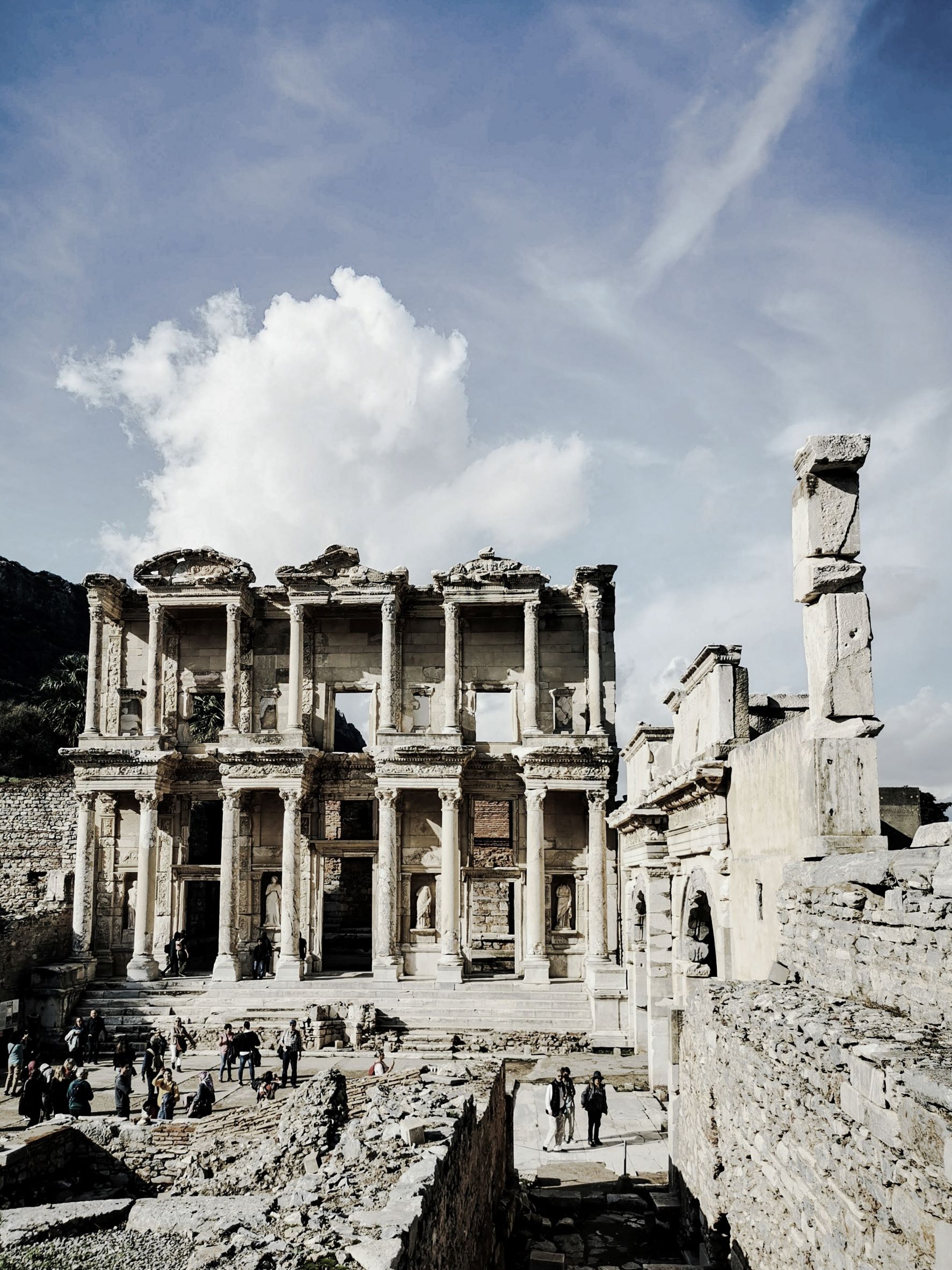
We take many things for granted in modern Western society: democracy, individual freedoms, technology, clean water…the list goes on. However, all of these concepts were developed by Ancient Greeks. While we consider ourselves privileged to live in a world that has grown out of a culture so forward-thinking, it is easy to forget that much of what we have was first conceived so long ago. And now with Greece’s economic turmoil and migration crisis dominating headlines around the world, it seems an opportune time to look back at one of history’s most influential societies.
5. Inca culture
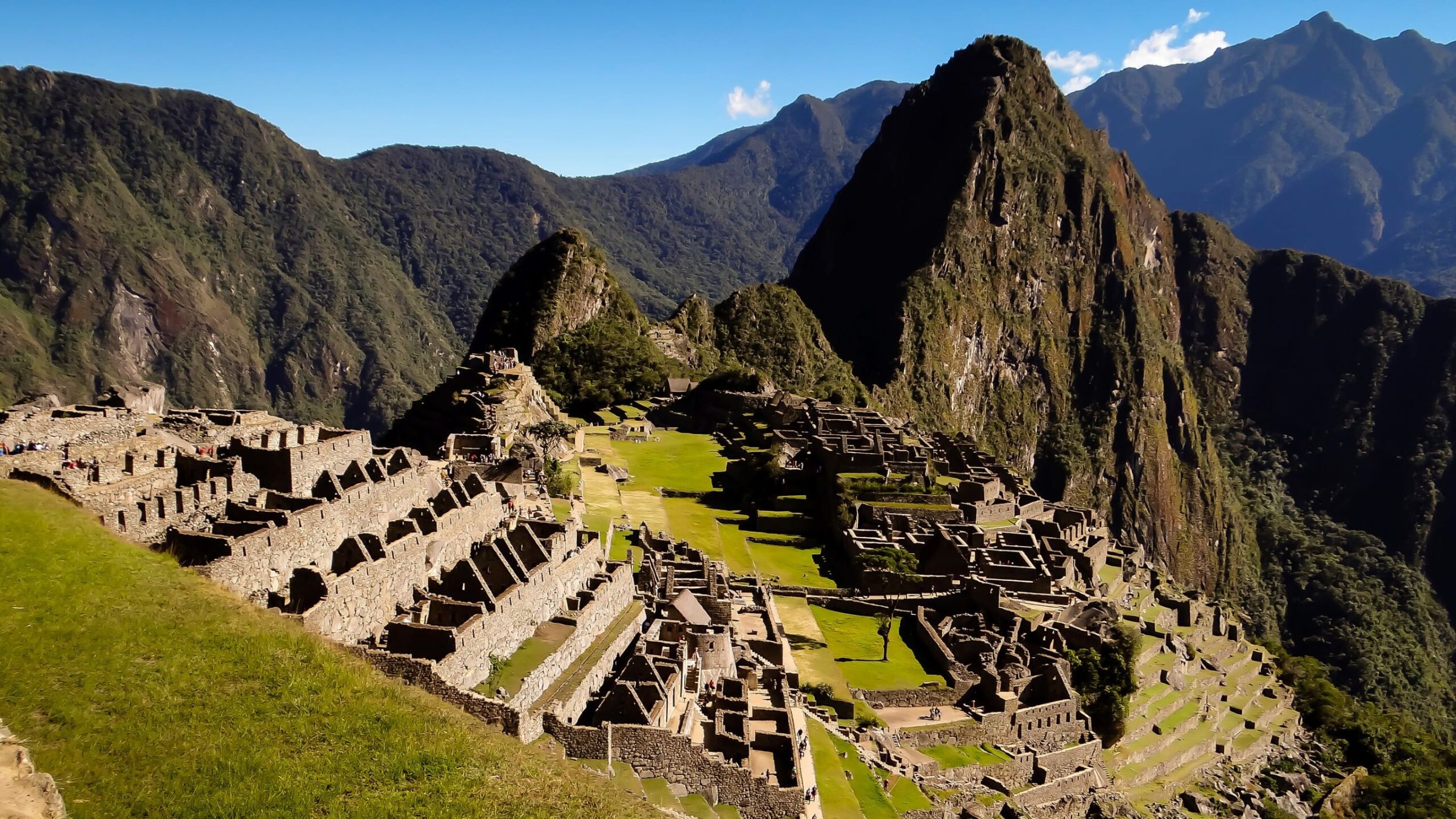
The Incas were a very advanced civilization in South America and had complex social structures, rituals, and religious beliefs. You could write an entire post about just Incan culture! They had really interesting burial customs—when a member of royalty died, it was common to offer human sacrifices as well as gold and silver treasure along with their body.
Fun fact: archeologists are actually still digging up Incan treasures today! Many mummies have been found on top of mountains to protect them from grave robbers. It is estimated that there are still thousands of more mummies waiting to be discovered in Peru and Chile.
6. Ancient American Indian culture
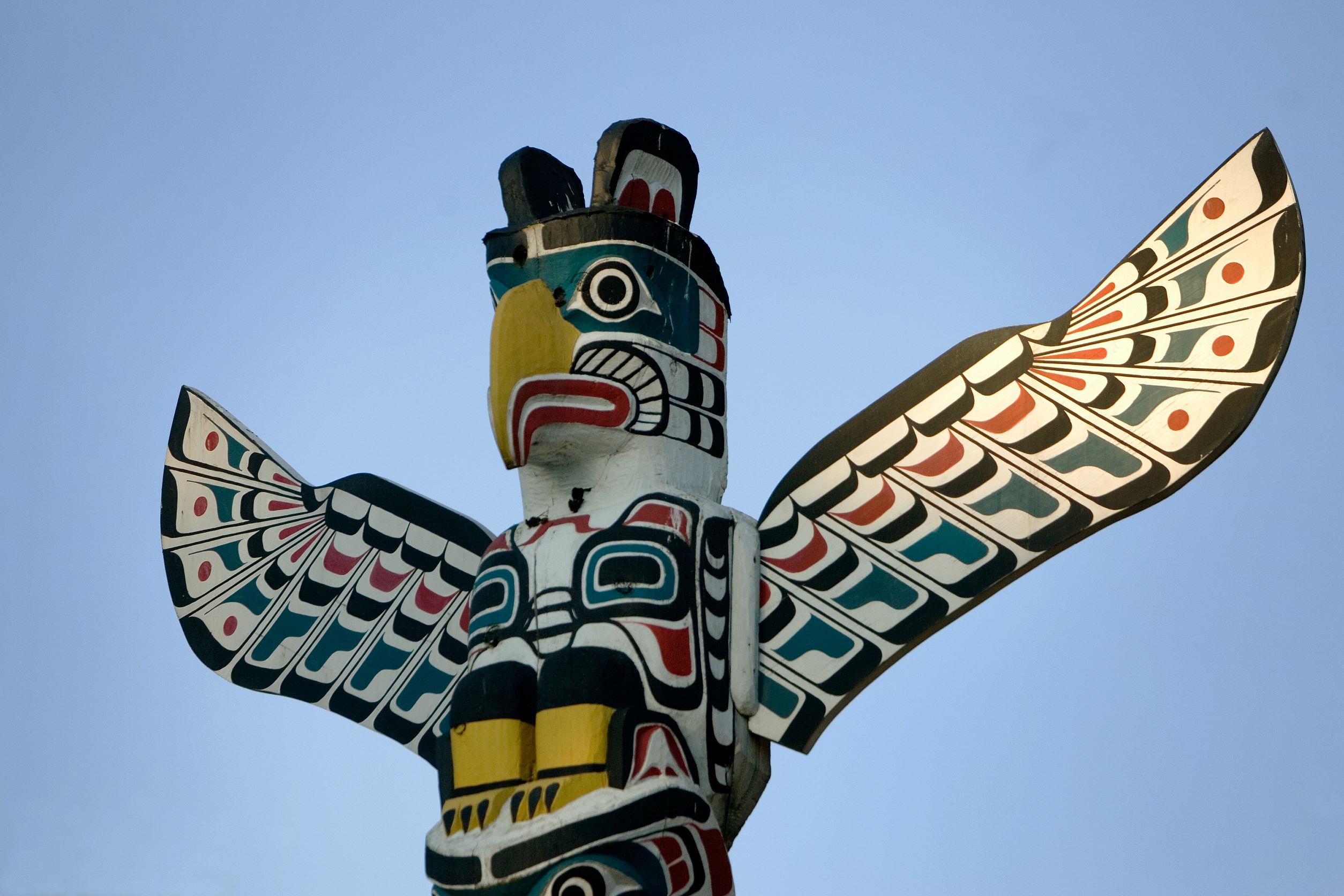
As Native Americans, it is part of our cultural traditions to help ensure that our lands and waters are protected. Despite many threats to their health and ways of life, many Native American tribes have been able to preserve some of their ancient cultures.
For example, in Arizona, there is evidence that pueblo people have lived near Canyon de Chelly for as long as 8,000 years; more recently, a multi-use archaeological area was developed on reservation land at Hovenweep National Monument and Canyons of the Ancients National Monument within Colorado and Utah.
These areas are rich in history because they were home to several different cultures for thousands of years; Native Americans used these lands for habitation sites, ancestral villages, burial grounds, and pottery-making sites.
7. Babylonian culture
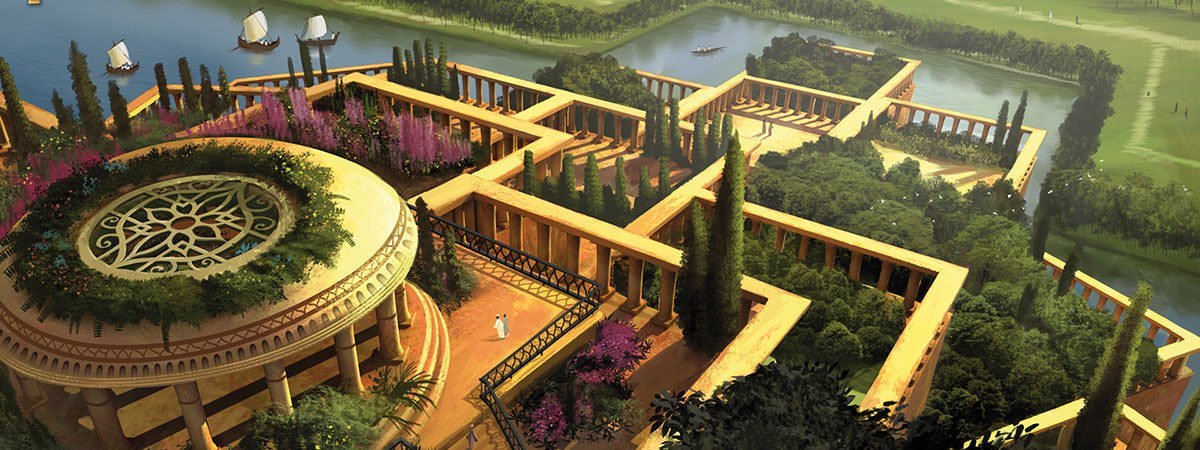
Thousands of years ago, in ancient Mesopotamia (now modern-day Iraq), a small village grew into one of history’s great civilizations. Their culture helped create many inventions and developments that are still with us today, such as writing and recorded music.
They built some of history’s most impressive buildings and cities. Yet, by around 300 BC they had disappeared from history altogether—except for one final act: they destroyed their own creation.
8. Ancient Roman Culture
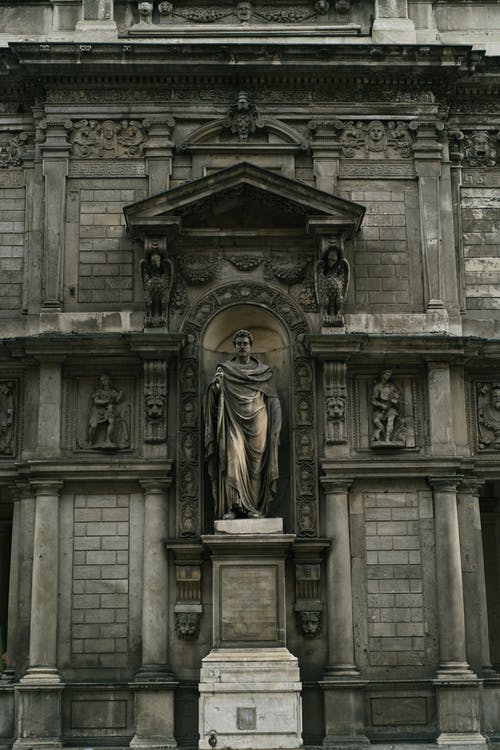
Have you ever considered what daily life was like in ancient Rome? Although there were big differences in lifestyle between Roman citizens and slaves, one thing that didn’t change was that if you wanted to live a comfortable life, you had to keep up with today’s modern conveniences – namely, drinking water. As a result of its system of aqueducts, the Roman people had access to fresh clean water at all times.
This vital resource allowed Romans to do things we take for granted today, like enjoy a meal with friends or commute from home to work without sweating profusely. For example, The famous Acueducto de Segovia is still standing and remains an engineering marvel after 2,000 years because it’s been so well-preserved! It’s also worth noting that some historians believe that ancient Rome played a key role in shaping western civilization as we know it today
9. Germanic Culture
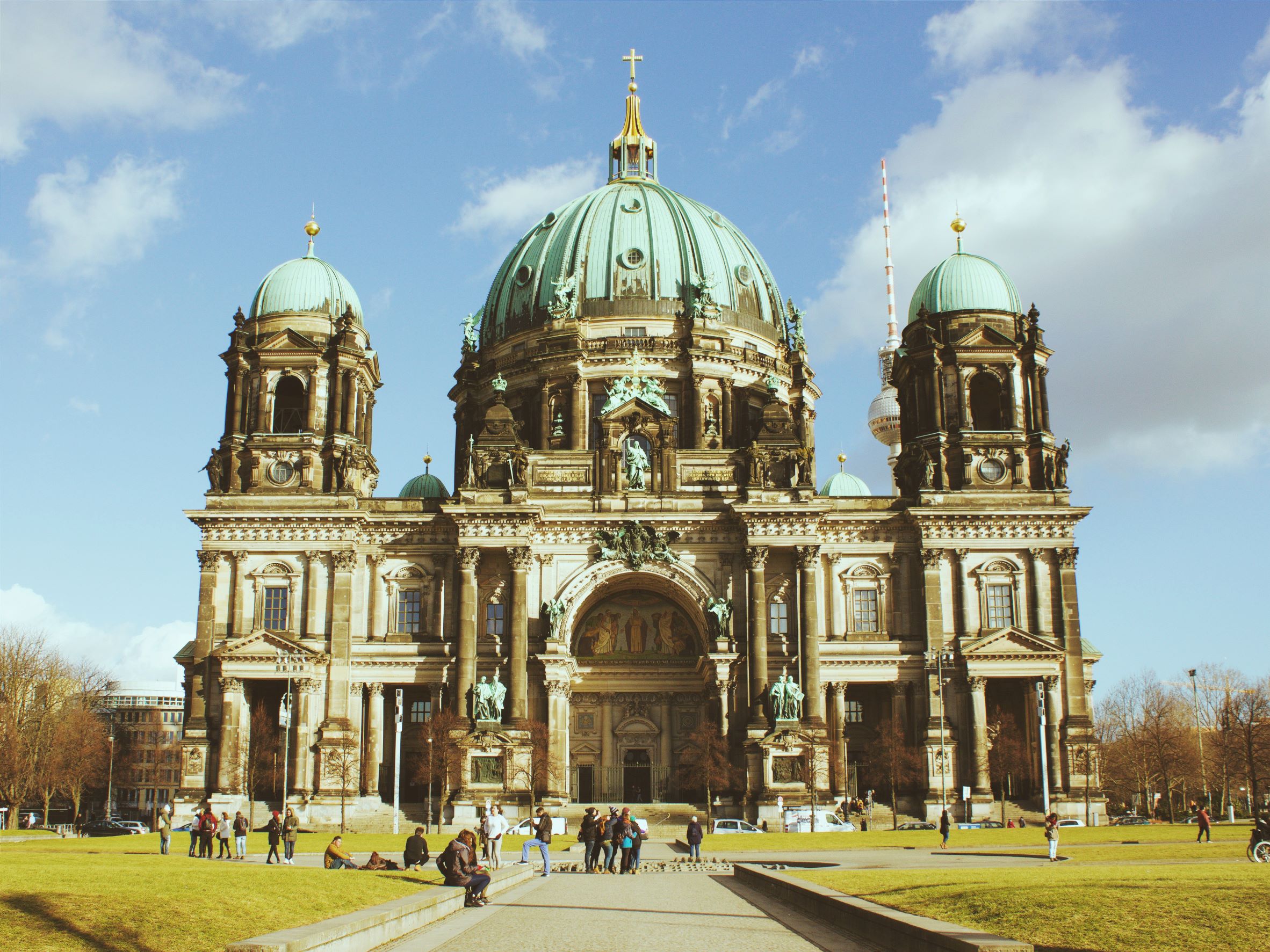
Germanic culture, one of the ancient European cultures, originated in southern Scandinavia. Its people spoke Germanic languages that were part of a larger Indo-European family of languages. This period is also called Pre-Roman Iron Age because, before Roman times, there were tribes and kingdoms in Europe who used Iron instead of Bronze or Stone for their weapons and tools.
10. Maori Culture
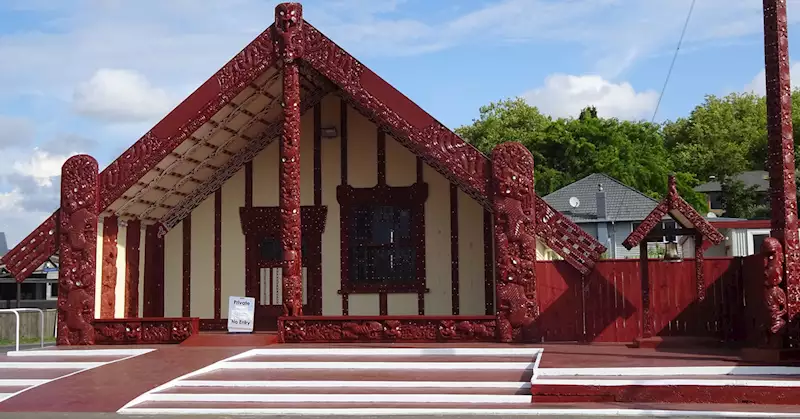
Maori culture refers to that of the Polynesian people of New Zealand, in particular those groups who identify as Maori. It encompasses their origins and history, spiritual beliefs, customs and practices. An overarching theme in much Maori art is that of tapu (sacred), found in many expressions.



